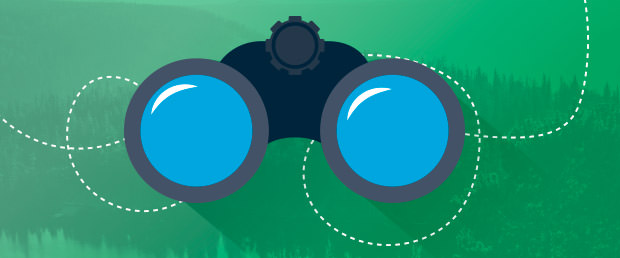How-to: Tracking Events Along the Customer Journey

One of the first things we learn in Marketing 101 is many-a-customer-journey is littered with events. Like breadcrumbs left behind by people lost in the woods, events are the only way for advertisers and marketers alike to attribute a desired outcome back to its source.
So, what are events? Events are actions that a customer takes along the conversion process. Events are unique to each advertiser depending on what is important to them. Events can be things like a customer clicking on a display ad, partially filling out a lead, using a voucher code at checkout, watching a video, or even clicking “Like” on an advertiser’s page. It is through tracking events like these that marketers learn which sources of customer engagement are profitable and which are just not worth their time.
And how are events tracked? While there are a number of event-tracking tools out there, you’re best served by a comprehensive platform that has a unique and flexible method of tracking any pre-determined action along the customer journey. A good event-tracking platform should track payable events such as an app purchase and non-payable events like a profile completion or newsletter sign up.
A versatile event-tracking platform should be equipped to handle the following with regards to partner attribution:
- Allow only one per user, or multiple
- Ability to pay per event or not pay at all
- Pay on a revenue percentage or flat rate
- Specify payouts at the affiliate and campaign level
Which events should be tracked? Once you have a solid platform, you need to decide what to track. Each enterprise is going to have events unique to their channels, customers, advertisers and affiliates that will provide a good picture of the effectiveness of their marketing spend. Come up with an initial list of important events and then modify that list over time as tracking data is analyzed.
As an example, take a look at what some of the marketers in these industries track:
Forex and Binary Options Brokers
- New trader signups
- Trader deposits
- Trader withdrawls
- Volume of trader transactions
Dating Sites
- New member signups
- Profile completions (add a photo, send an email)
- Member interactions
- Paid member subscriptions
Gaming Sites
- Downloads
- Installs
- Upgrades
- In-game buys
- Level achievements
- Shares with fellow gamers
Retail Sites
- Lifetime customer sales (recurring sales)
- All subsequent sales by period of time
- Sales provided by a particular affiliate
- Sales obtained though a particular channel
- Facebook Likes
- Tweets
- Instagram Shares
While these are just some examples, you can easily see how to track virtually any digital event along the customer journey. No matter what industry, with the right tracking platform, marketers can use event tracking to take control of their campaigns.
Learn more about CAKE and how it can increase the performance of your marketing spend.
If you’re already using CAKE, learn more about events and event tracking.